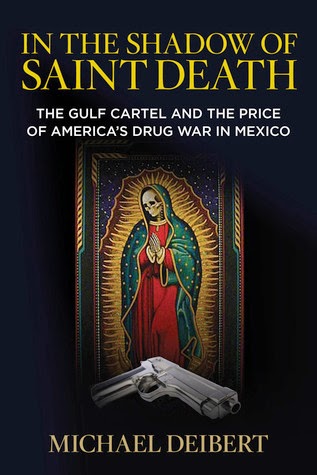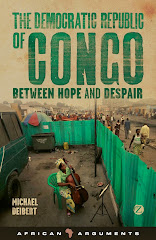In 1959, a 27 year-old Australian Aborigine named Max Stuart was convicted of raping and murdering Mary Hattam, a nine-year-old girl, near the South Australian town of Ceduna. A confession - purportedly Stuart’s - was presented to the court in sophisticated diction that struck a prison chaplain on hand as quite surprising given the fact that Stuart could barley speak or write English, and was conversant only in his native Arrernte language. Stuart was sentenced to death.
Then, something happened. An Adelaide daily called The News campaigned vigorously against Stuart’s sentence, publishing investigative articles, editorials and even creating posters to publicize their take on the case. Though Stuart was eventually spared death (he was freed in 1974 but never pardoned), the campaign of The News had attracted such ire in official quarters - particularly on the part of Premier of South Australia Thomas Playford - that the paper, its editor and it publisher were all charged with three counts of “sedition” each by Australian authorities.
The editor of The News was named Rohan Rivett. The publisher’s name was Rupert Murdoch.
Called on the carpet by Playford, Murdoch made a fateful decision: he fired his longtime friend Rivett with a one-paragraph letter and agreed to pay the costs of the royal commission that had examined the case at the newspaper’s urging.
I mention this because, as Rupert Murdoch makes his 11th hour lunge to buy the venerable Wall Street Journal and bring even more of America’s media under his control (he already runs The New York Post and the Fox News Channel), it is useful to remember that one can find an initial grain of humanity even in the most seemingly co-opted and distasteful individuals, and that we reach a state of moral compromise not overnight, but through a hundred little moments of backing down, hedging and simply not doing the right thing. I have seen this most notably in Haiti, where competent, essentially decent foreign journalists sometimes remain mute while good people are attacked for fear that stepping out of line might jeopardize the narrow trajectory of their own careers. From watching this I know that, once that compromise is made, the quality of a journalist’s work ultimately suffers. For my part, though I may remain monetarily poor, it is of little note, no matter how occasionally difficult, compared to being able to wake up and look confidently in the mirror knowing that one has done the right thing, and spoken truth to power and dogma, no matter what the cost. Too many people I have seen around the world have paid with their lives for doing just that, so how can journalists abdicate that responsibility? In my view, they can’t.
As Murdoch tenders his $5 billion takeover bid for Dow Jones & Co. (the Wall Street Journal’s parent entity), the Bancroft family, which controls a majority interest in Dow Jones, remains bitterly divided on the deal, fearing that a newspaper that carried the fine coverage of reporters such as Jose de Cordoba and Jonathan Weil will become just another element of what is regarded by many (including myself) as Murdoch’s shrill, anti-journalistic, right-wing cheerleading machine. Instead of taking these developments lying down, many of the Journal’s reporters and editors are actively lobbying against the idea in the perhaps vain hope that they can save one of the bastions of great reporting (no matter how I may differ with its editorial page) in a journalism landscape increasingly dominated by a focus on often facile local coverage, half-baked “activist” rantings and an ever-diminishing reserve of foreign reporting at a time when the United States is desperately in need of more, not less, of it.
As we watch this drama unfold, as journalists, it is useful to remember that faithful decision to fire Rohan Rivett that Rupert Murdoch took all those years ago in the wake of a largely forgotten murder trial in Australia. There are two roads we can go down. That of equivocating (a far different thing than soberly weighing both sides of an issue) and that of taking our profession as seriously as the responsibility which has been entrusted to us, to give voice to suffering and a platform to those who have been marginalized from the wider world.
The great Haitian journalist Jean Dominique, shortly before his murder in Haiti in 2000, said into the microphone of his station, Radio Haiti-Inter, that “I have no other weapon than my journalist’s pen! And my microphone and my unquenchable faith as a militant for true change…This is the truth that it is right to speak of this morning, the truth of a free man.”
Let us, as journalists write, and live, as free men and women. The stakes are simply too high for us to be intimidated by monetary or other concerns and do otherwise.
Thursday, July 19, 2007
A few notes on journalism
Subscribe to:
Post Comments (Atom)




1 comment:
thanks for this insightful post.
Post a Comment